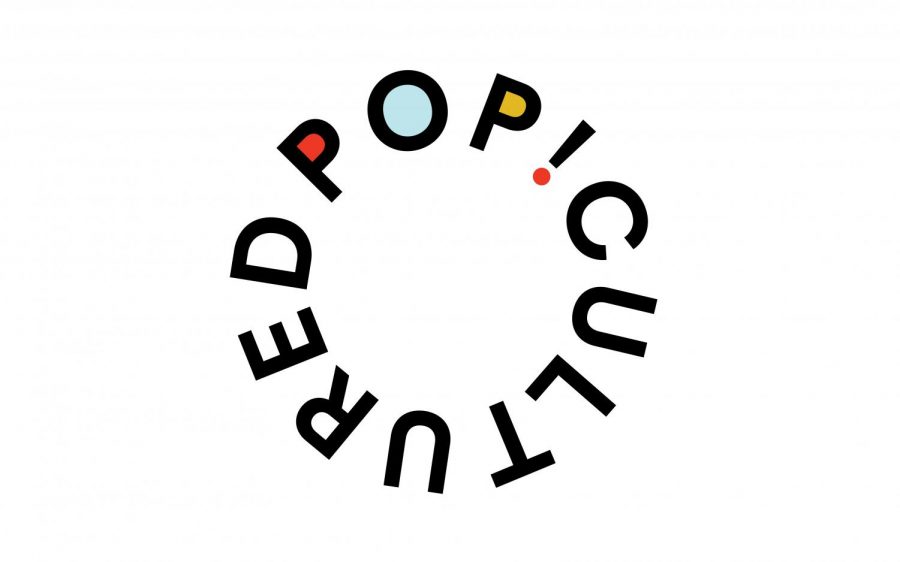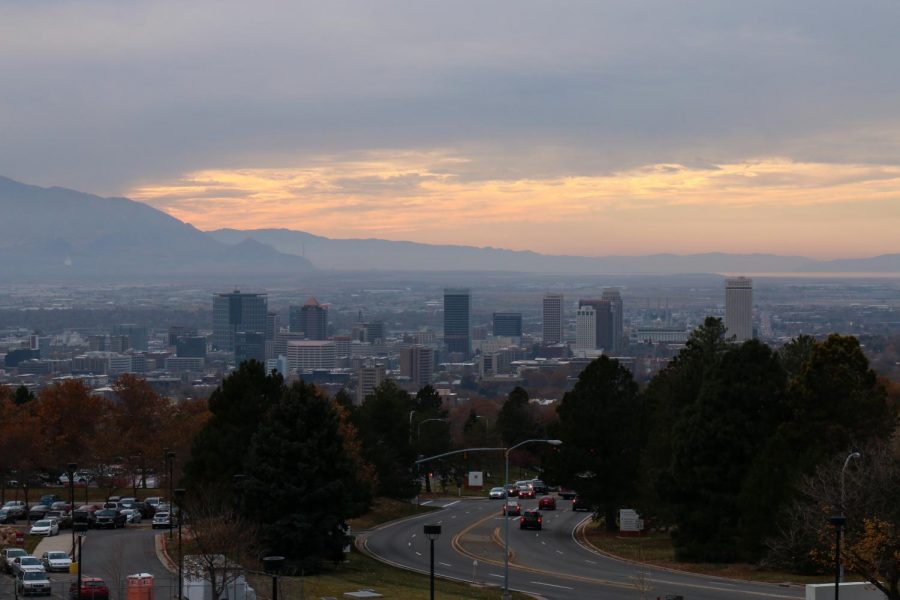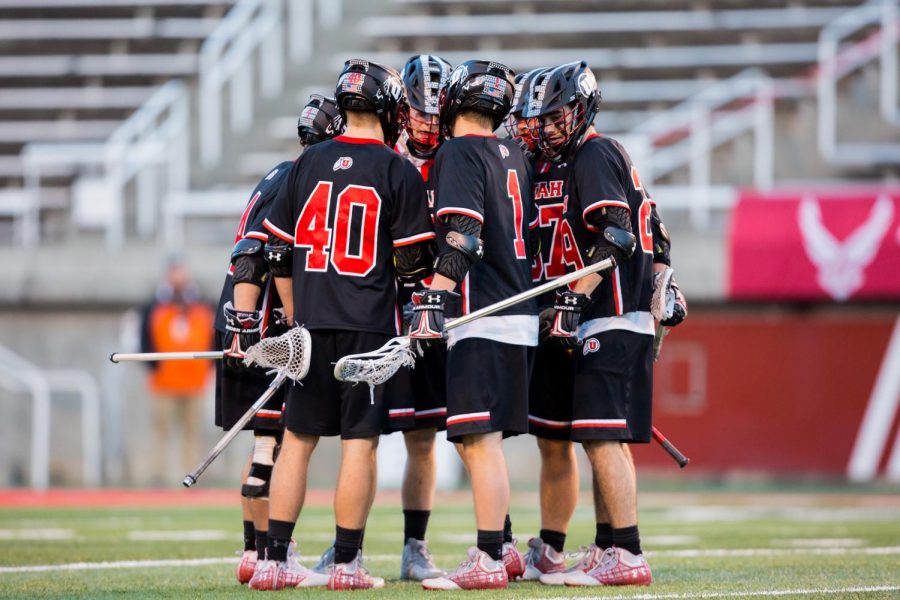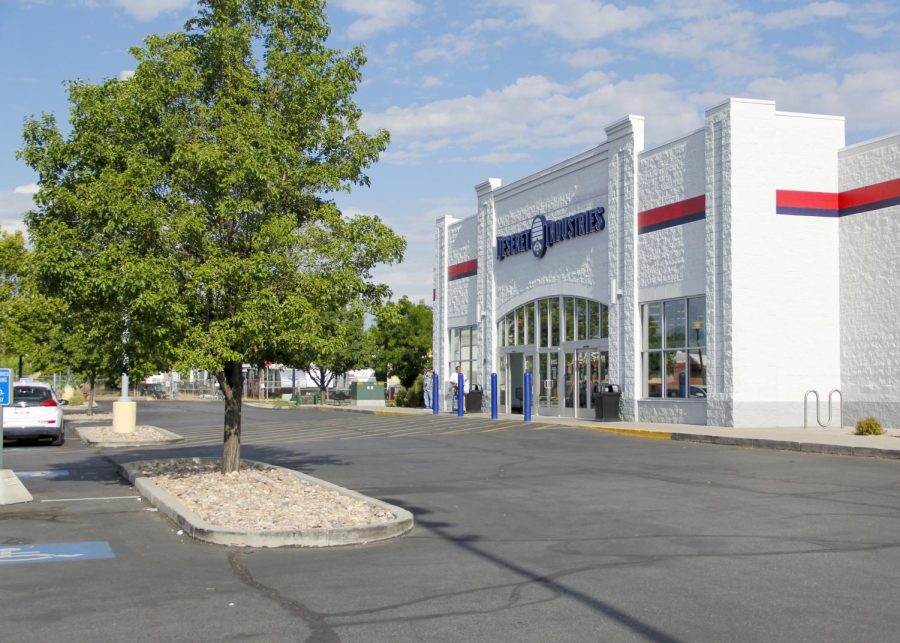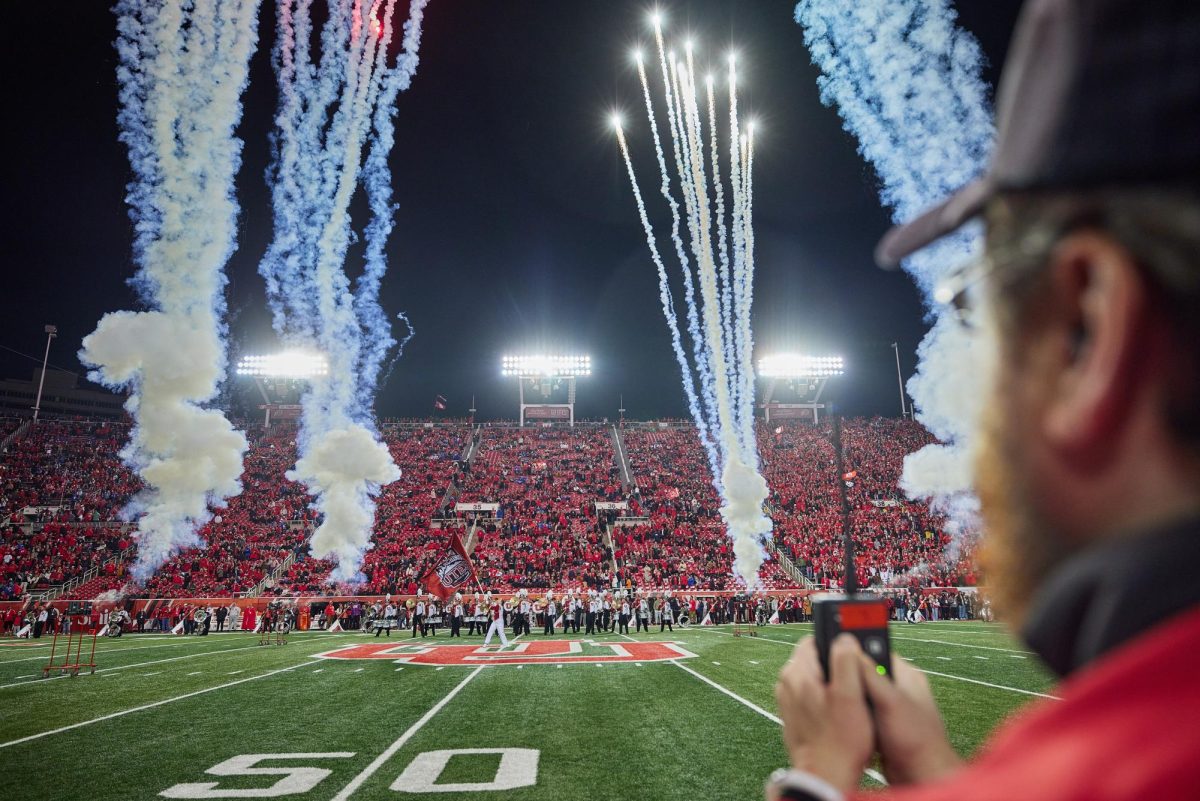Pop-Cultured: Drawing the Line in Comedy
April 17, 2020
Comedy has been around for what seems like forever. Controversial comedy has also been around for quite some time, with some ancient Greek tragicomedy satyr plays — which sometimes featured phallic props — dating as far back as 500 B.C. Nowadays, it feels like sex, race and politics are, to some degree, a part of every comic’s repertoire. That’s fine, but when comedians start into that sort of territory, they must tread lightly. With all the terrible things happening in the world right now, comedy can be used to help ease a bit of the pain and anxiety associated with these troubling times. However, some “comedy” can do the exact opposite. So where do you draw the line in comedy, if you ought to draw it at all?
Toeing the Line
Back in 2012, comedian Daniel Tosh found himself in the middle of a controversy after making some highly questionable remarks during one of his sets at the Laugh Factory comedy club. In response to a handful of rape jokes Tosh delivered that night and a claim that “rape jokes are always funny,” a female audience member called out, “Actually, rape jokes are never funny!” Firing back, Tosh took it more than a step too far with “Wouldn’t it be funny if that girl got raped by, like, five guys right now? Like right now?” Tosh would later go on to “apologize” on Twitter, but some fans and fellow comics still defended Tosh’s comments, saying an apology wasn’t necessary.
Editor of the Funny Women column for the online literary magazine “The Rumpus,” Elissa Bassist offers much-needed insight regarding the situation. She writes, “He used humor to cut her down, to remind her of (her) own vulnerability, to emphasize who was in control.” This is coming from a woman who has joked about her own sexual assault in the past. “…jokes about tragedy could take on a fierce power. They could be cathartic and empowering, they could help you reclaim control when you’ve lost something you’ll never get back or have been damaged beyond repair.” Bassist goes on to say, “I used humor to distance myself from pain, while never forgetting the pain or diminishing or devaluing it.” Tosh’s comments were anything but empowering — quite the opposite, actually.
Not too long ago, another comedian, Roseanne Barr, found herself amidst controversy and backlash, so much so that her sitcom “Roseanne” was abruptly canceled by ABC. What did she do? Barr posted a racist tweet about a former senior adviser to 44th president of the United States Barack Obama, Valerie Jarrett, that said, “Muslim brotherhood & planet of the apes had a baby=vj.”
Dunn’s Take
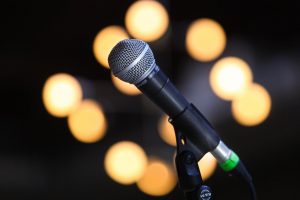
My opinion on Roseanne’s case is very similar. How is comparing a black woman to an ape funny at all? With all of the pain and suffering black people have had to struggle through, being seen as less than human for hundreds and hundreds of years and still being victims of racism and discrimination today, how could you possibly think a comment like that is OK?
Comedy shows should absolutely have trigger warnings when sets contain potentially distressing material — there’s no doubt in my mind about that. Unwanted personal attacks, however, never fly in my book. Unless your show specifically gives warning to attendees that paying for a ticket and sitting in the audience subjects them to such interactions, I say no personal attacks. I do think hecklers should be able to take what they can give, but no more than that.
Regarding online platforms like Twitter and such, I think it’s the developers’ job to make sure users have the option to censor content that could potentially be harming. At the same time, developers need to regulate things like blatant racism and personal attacks and remove these things from the platform completely.
Our lines may be drawn in different places, but we ought to acknowledge the line drawn closest to home and make sure everyone feels safe and only experiences what they want to. It would be selfish not to attempt to cater to everyone — our differences are important.


